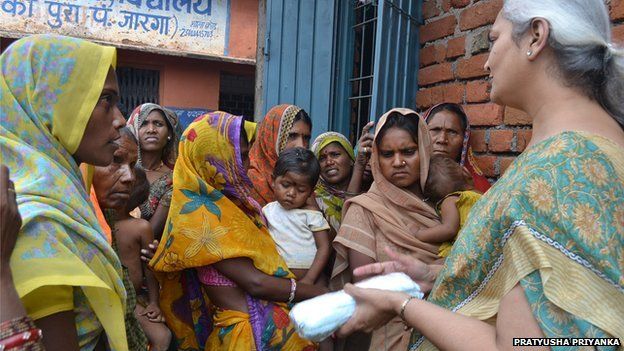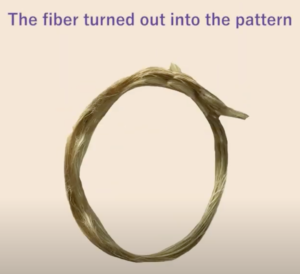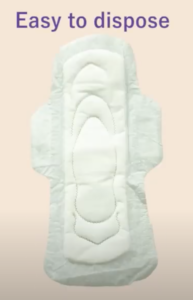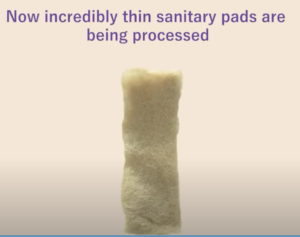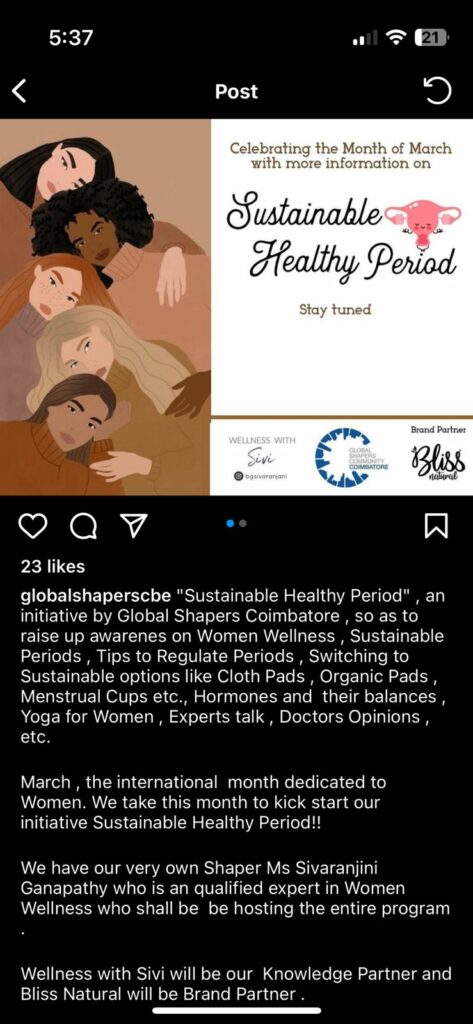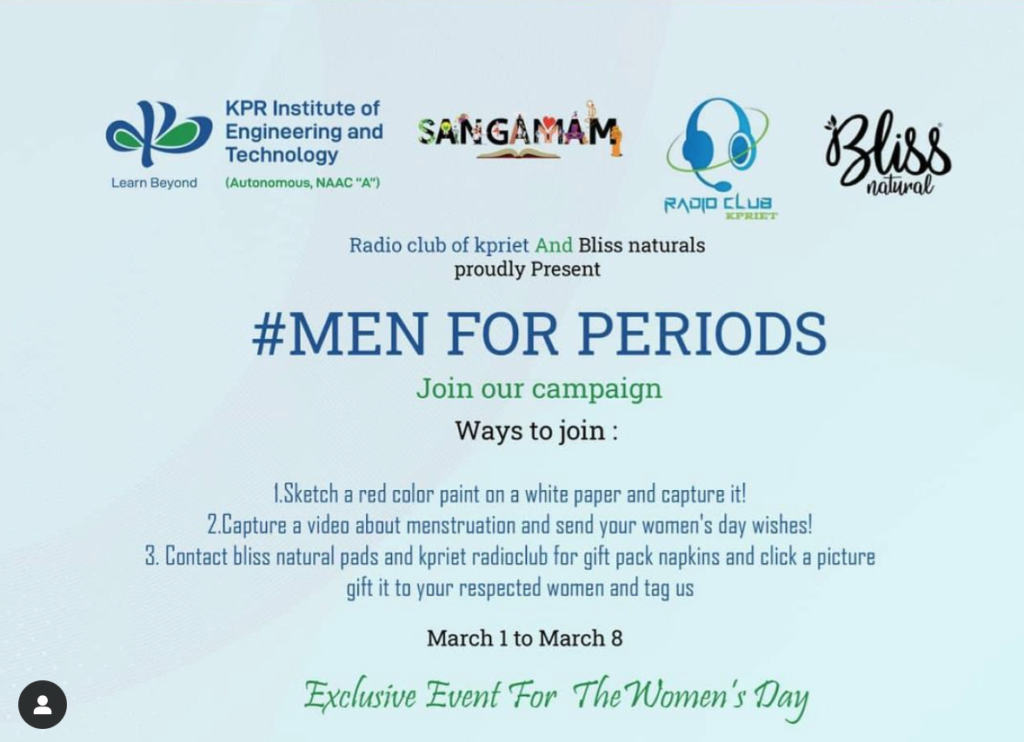Green Delights Innovation
Some 113,000 tonnes of commercial sanitary pads are disposed of annually in India, most of them are made of 80% plastic, which will require hundreds of years to decompose. Only half the plastic produced in India is being recycled, according to government figures, from a total 3.6 billion tonnes of plastic waste each year. Across the globe, the use of plastic contributes 1.8 billion tonnes of greenhouse gases each year; 90% of these are emitted during plastic production and conversion from fossil fuels.
Besides plastic, commercial sanitary pad manufacturers also use harmful synthetics that can cause itching, irritation or rashes. The problem is growing as more women use sanitary napkins in India, creating more plastic waste and pollution, and possible health problems for women.
To promote hygiene, usability and comfort, we have created Bliss Pads made entirely of plant fibres and contain no plastic or harmful synthetics. They have gained widespread popularity and are now sold on many online marketplaces in India including Amazon. We have also established an international customer base in countries such as Canada, the United States, New Zealand and Malaysia. Our sanitary pads are safe and comfortable products and we wish to make them accessible to women around the world.
Watch the video at: https://www.youtube.com/watch?v=HEPLnziyxWQ
As India’s first FDA approved and Biobased certified pads, Bliss Pads, are made from fibres of the kenaf plant (also known as gongura). This makes them organic, degradable in 6 months to a year, and free of plastics or chemical synthetics. Moreover, kenaf plants sequester more carbon dioxide than comparable crops, where a hectare of kenaf absorbs 30-40 tons of carbon dioxide each growing cycle, the same as the annual emissions of 20 cars.
They also promote understanding of the harmful effects of chemical additives, and the need for alternatives that are safer for women as well as the environment without having to compromise on comfort or health. As shown in a study by a nonprofit organisation based in New Delhi, Toxics Link, almost all the popular brands of sanitary napkins sold in India contain harmful chemicals. For instance, popular brands use plasticisers to make their products soft, flexible and to reduce surface friction. The study also documented numerous health hazards of phthalates, which are present in popular sanitary pads. They include pregnancy-related complications, issues with foetal development, insulin resistance, hypertension and endometriosis – a disease that can cause pain and/or discomfort. To provide a safer option, BlissPads is made of natural materials and designed to have high absorbency and a feathery softcover that does not cause itch or rashes. This serves as a safer alternative for women and the environment.
In terms of public outreach, they actively engage in conversations on menstrual health with colleges and schools, doctors, influencers and the World Economic Forum on social media platforms. They also collaborate frequently with (NGOs) and engage in corporate social responsibility to donate 150,000 pads to people in underserved communities. Most recently they collaborated with a charitable trust in Tamil Nadu to raise awareness and donate 2,700 napkins to women from Adivasi Indigenous communities near Coimbatore.
They began as a student startup, winning national and innovation awards as their products were affordable, convenient and eco-safe. Although 80% of their initial customer base were repeat customers, they were soon approached by retailers, resellers and distributors in India and abroad. With a current customer base of over 25,000 people and exporting to four countries, they have successfully diverted 3.5 million tonnes of plastic waste from India’s landfills.
They are strongly placed in the market for sustainable menstrual products, and are growing at a phenomenal rate in southern India as they work to expand their reach through partnerships and online marketing. Their affordable and environmentally safe napkins are a safer option for people who menstruate. They have received several support from organisations like Villgro, a leading social enterprise incubator in India, as well as received grants under programmes such as the Yash Entrepreneurs Programme by USAID. Nevertheless, they seek growth capital to help gain economies of scale, and develop a wider range of organic hygiene products in their portfolio to scale their business.
















